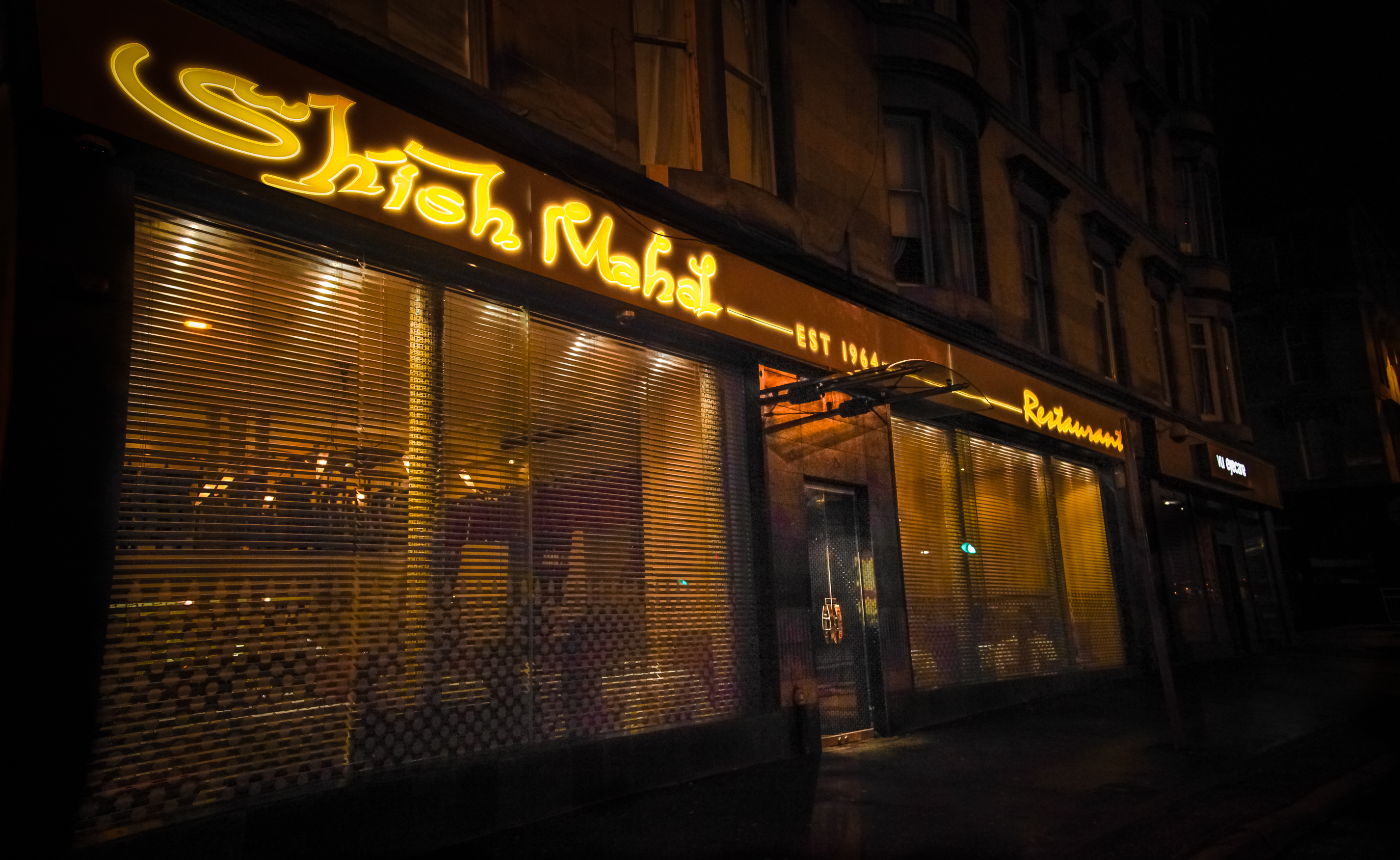How Chicken Tikka Masala is a Symbol of Multiculturalism
Did you know that one of the world’s most popular foods didn’t even exist fifty years ago?
This is the story of Chicken Tikka Masala, how it spread across the world, and why it’s a tribute to multiculturalism at its best.
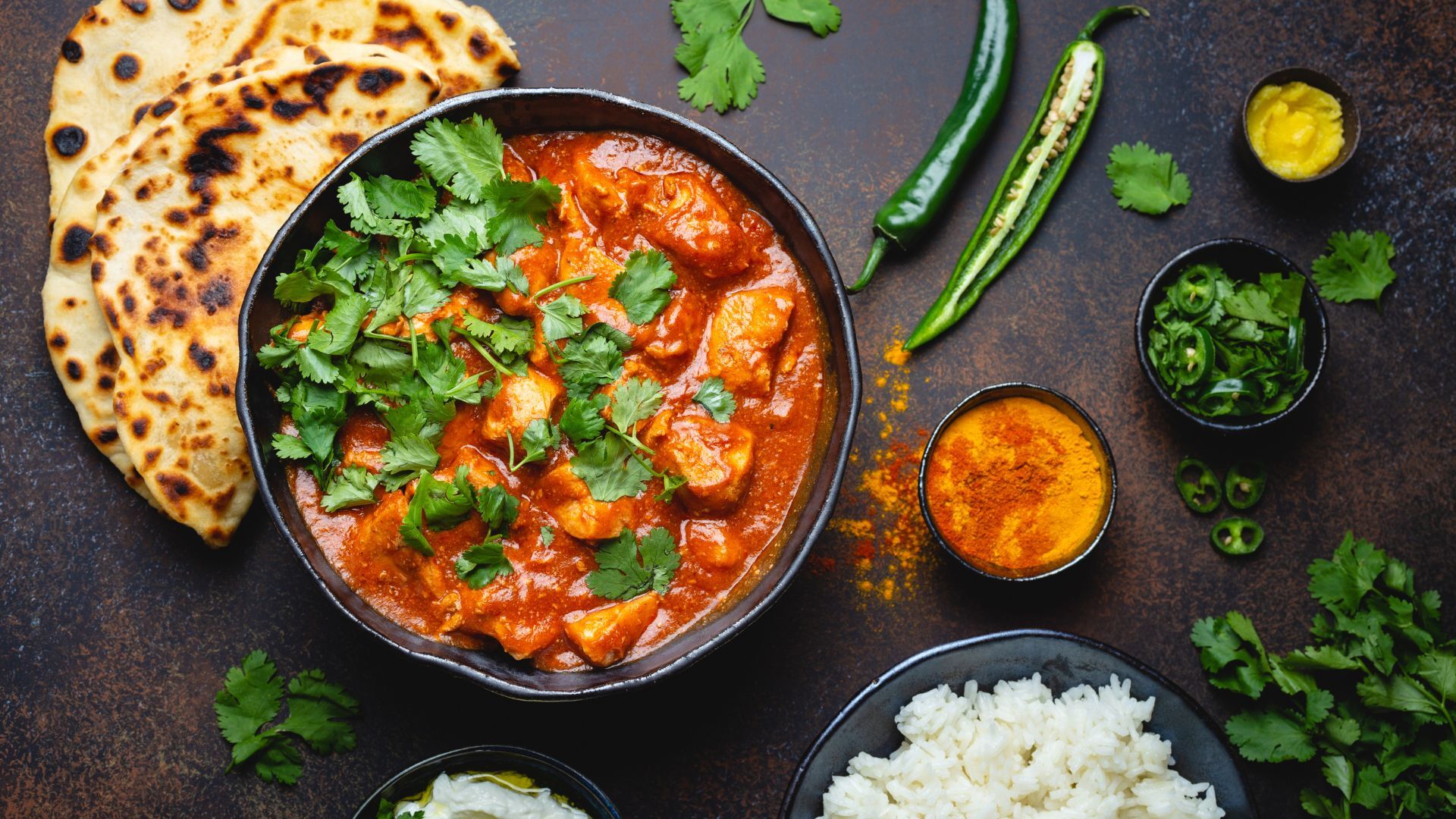
Walk into any South Asian restaurant and you’ll find Chicken Tikka Masala on the menu. It’s heaven on a plate — juicy chicken simmering in a spicy sauce, with cumin, coriander, ginger, and chili.
The crazy thing is, it’s not even a real South Asian dish. It never has been.
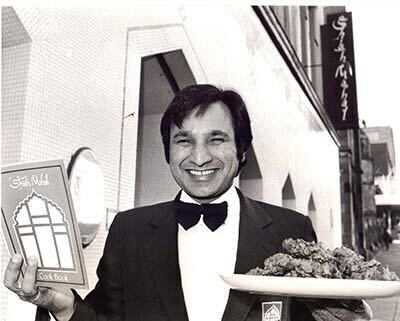
In the 1960s, nobody had ever heard of Chicken Tikka Masala. If you ordered it in Delhi or Lahore, people would laugh at you.
But that was about to change, thanks to a hard-working Pakistani-Scottish immigrant named Ahmed Ali Aslam.
In 1964, he opened a restaurant called Shish Mahal in Glasgow’s west end. It was one of the first Pakistani restaurants in the country. He made food just like back home: Hearty, spicy, and fresh.
He didn’t know it, but his life – and world cuisine – was about to change.
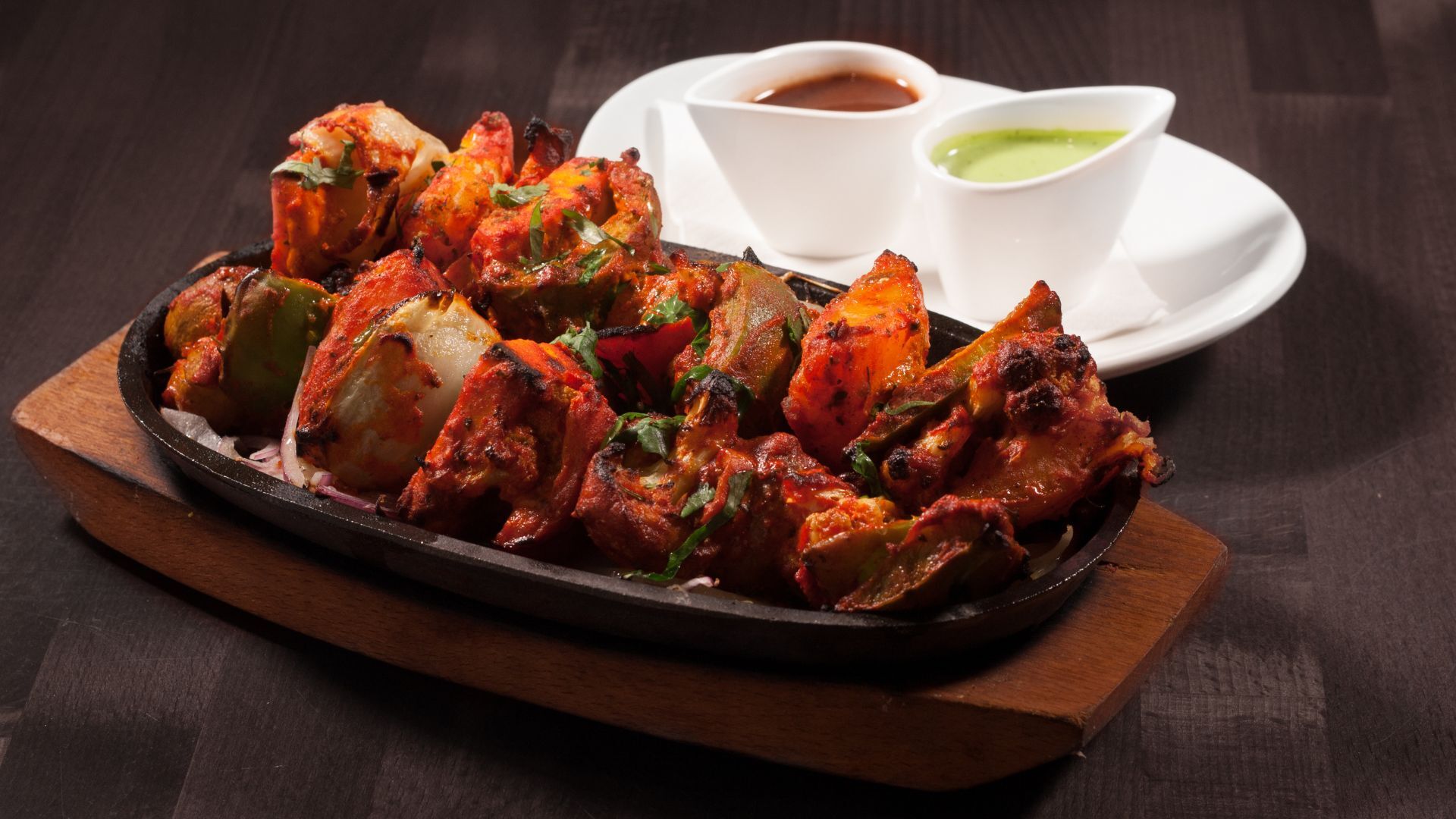
One day, in the early 70s, a customer walked in and ordered Chicken Tikka.
Chicken Tikka literally means “chicken pieces.” They’re grilled and usually served with chutney and naan. Even though South Asians have been serving it for thousands of years, this customer had a problem with the recipe.
It was too dry, he complained. Aslam, who wanted to make his customer happy, whipped up a new sauce.
Some say he made it with tomato soup, cream, and traditional Pakistani spices. He added the chicken pieces and voila! Chicken Tikka Masala. To Pakistanis would’ve been hilarious – and here’s why.
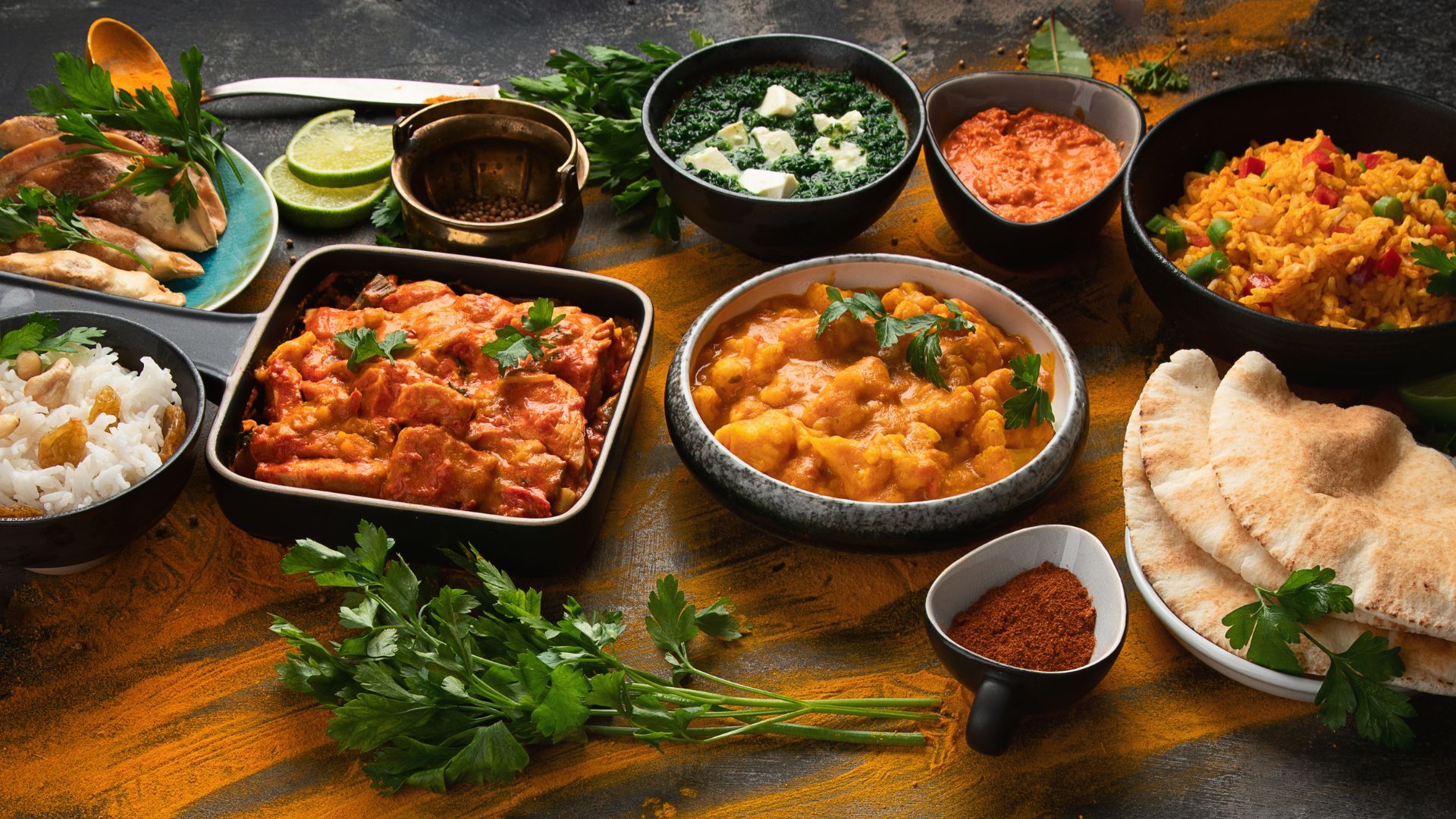
The word “masala” literally just means spices or in some cases, a spice mix. Each dish, like biryani, aloo ghosht, and channa, has its own masala. Hell, when someone is caught embellishing, you’ll even accuse them of adding “their own masala” to a story. But masala it was.
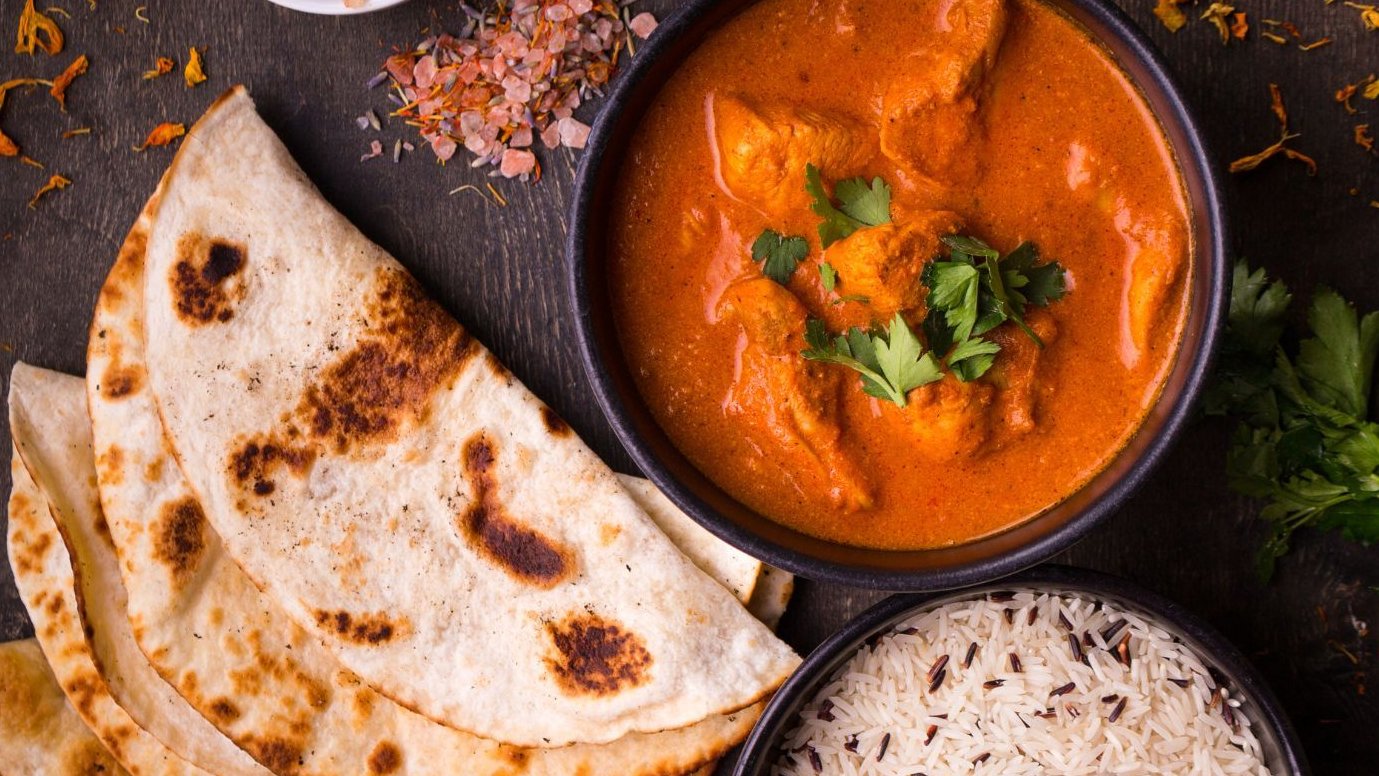
The new dish was an immediate hit. Word spread and people kept coming back to try his famous Pakistani dish, which didn’t exist anywhere inside of Pakistan.
People loved it so much that whenever they went to any Pakistani restaurant, they asked for it!
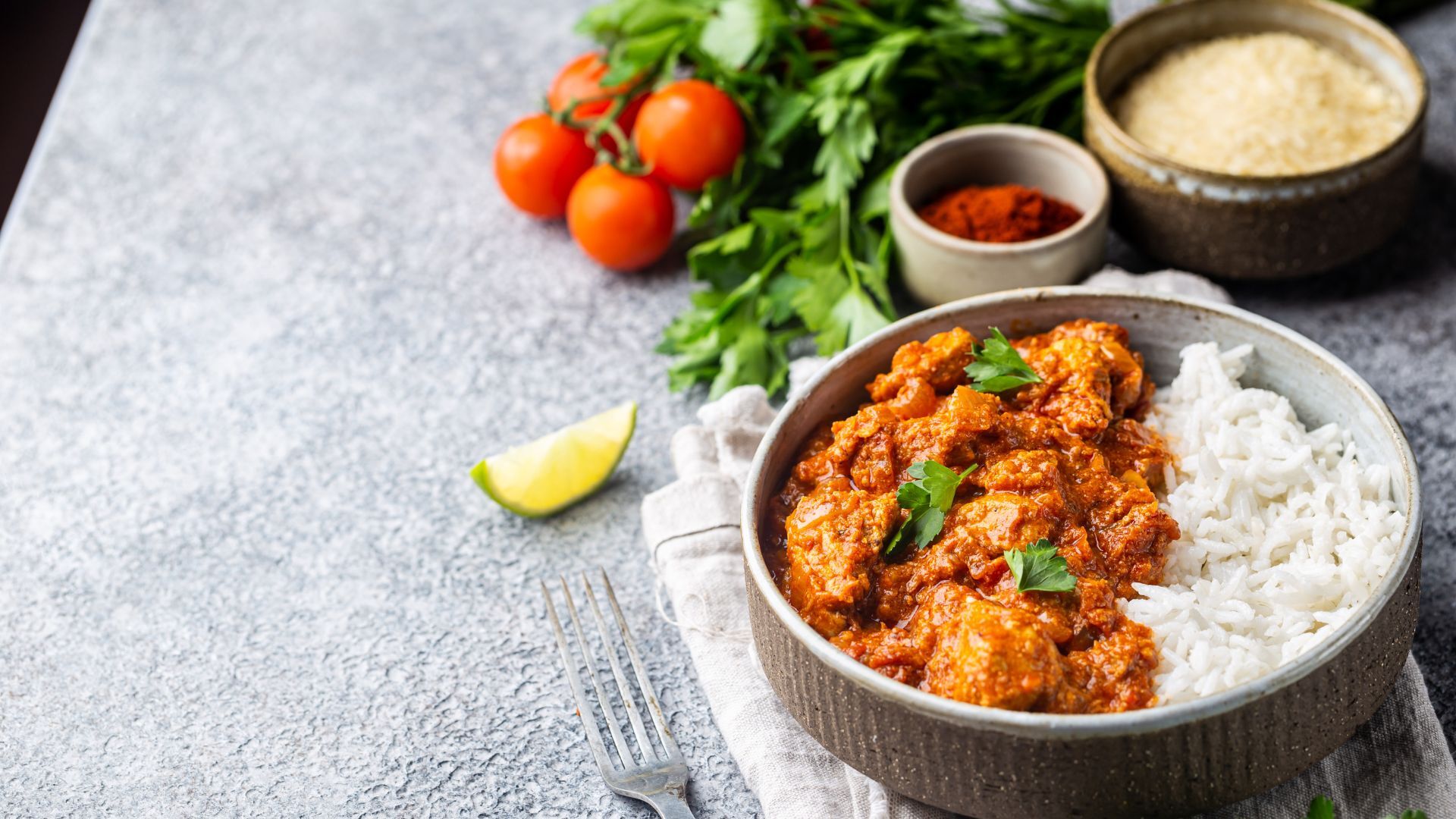
It was a rare moment, where two cultures converged and created something beautiful. Before long, other Pakistani restaurants offered it on their menu.
Some recipes used yogurt. Others used cream. They were all delicious.
By the 90s, Pakistani restaurants were everywhere in the UK and were part of pop culture. In the series Red Dwarf, the main character’s favorite dish was Chicken Vindaloo, which some say is based on Chicken Tikka Masala.
By 2001, their love affair with Chicken Tikka Masala was about to become official. During a speech, the UK’s Foreign Secretary officially declared Chicken Tikka Masala to be a national dish, putting it alongside fish and chips and Yorkshire pudding. He used it as an example of how different cultures can co-exist – and build beautiful things as a result.
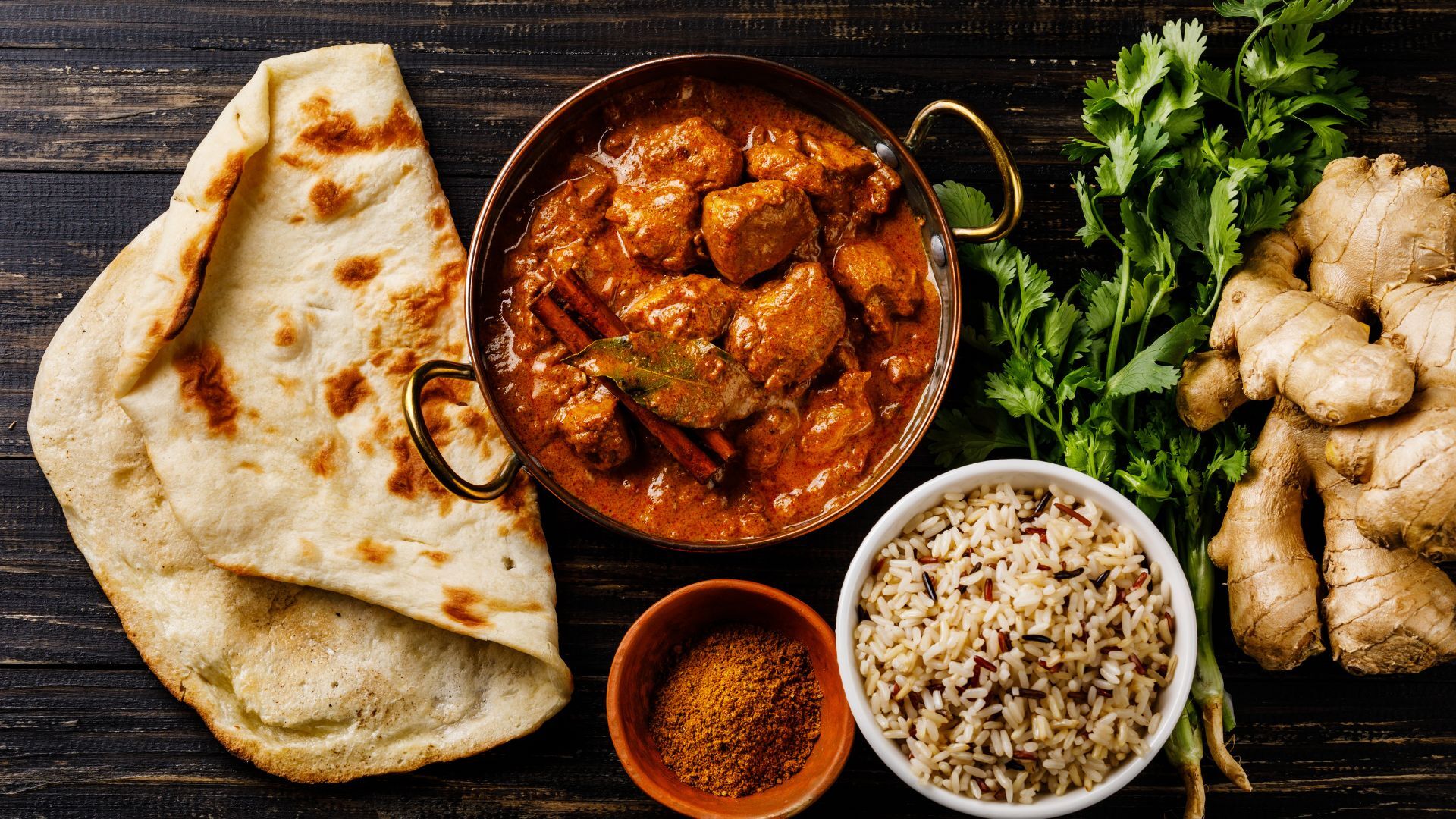
Today, although there are no official numbers, chicken tikka masala has likely been served hundreds of millions of times. You’ve probably eaten it yourself.
There are countless recipes, but the basics are the same: Chicken + mouth-watering tomato sauce.
A last note: It’s worth noting that some historians have other options. Some say it came from a Bangladeshi cook, others that it came from butter chicken. But most say it was invented by Mr. Aslam, who sadly passed away recently.
Say a prayer for him, then order an extra naan or two in his name.

